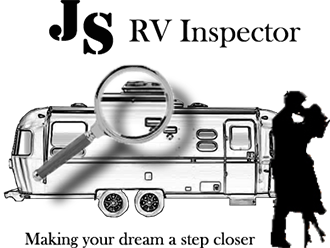RV Fluid Analysis
Why Do Oil and Coolant Analysis?
- Only oil and coolant analysis can "truly" protect your RV power systems.
- It's the only way to tell if your oils and coolants really need to be changed.
- It's cheap protection.
OIL TESTS INCLUDE:
- Oxidation
- Total Acid Number (TAN)
- Total Base Number (TBN)
- Oxidation / Nitration
- Viscosity Change
- Contamination
- Glycol (Na and K)
- % Water
- % Fuel Dilution
- % Soot
- Wear Metals Content
The Importance of Oil Analysis
RV and towing vehicles oils (engine, transmission, differential, generator, etc) should be tested on a periodic basis for oxidation, viscosity change and contamination.
If all (3) are within acceptable limits, it's safe to keep running the oil.
Change the oil when one of them goes out of limits.
Oil Analysis can Detect...
- Excessive Oxidation
- Excessive viscosity loss
- Contamination
- Fuel and / or coolant leaks
- Water infiltration
- Soot / Nitration
- Excessive blow-by or mixture problems
- INTERNAL PART WEAR
- Bearings, pistons rings, cylinder walls
COOLANT ANALYSIS CAN DETECT
- Metal Corrosion
- Combustion gas leaks
- Contamination
- Electrical ground problems
- Localized overheating
- Air contamination
- Chemical breakdown
Coolant Tests Include:
- Elemental metals
- pH
- % Glycol
- Freeze Point (anti-freeze)
- Boiling Point (coolant)
- Nitrite
- SCA Number
- Total Dissolved Solids
- Specific Conductance
- Total Hardness
- Visuals
- Color, oil, fuel, magnetic and non-magnetic precipitate, odor & foam
"Check List"
Ask yourself these qeustions...
- How do I know my oils and coolant are standing up to my operating demands?
- Could my oil be too thin?
- Is my coolant contaminated?
- Am I running them too long or is there life still left in them?
- Do I have any wear or contamination issues in my engine, transmission, or cooling system?
If you don't know the answers or feel uncomfortable, then it may be time to consider oil and coolant analysis!!


